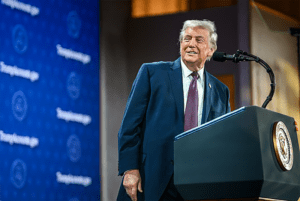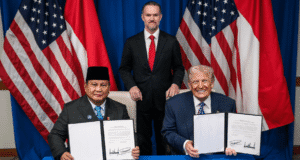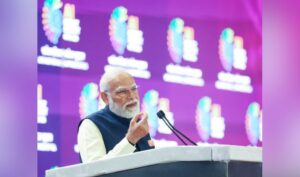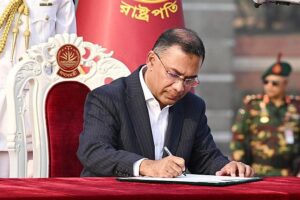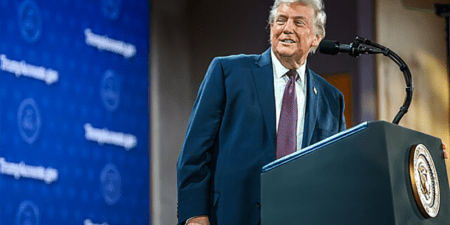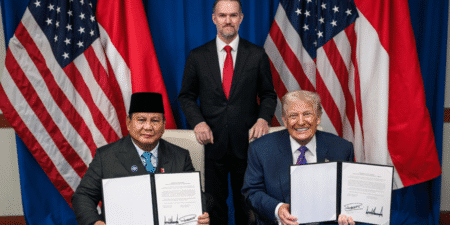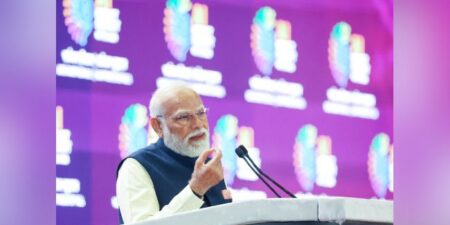
Philippines: Tariff Tracker | May 6, 2025

The BGA Philippines Team, led by Managing Director Victor Andres Manhit, wrote an update to clients on the trade negotiations between the Philippines and the United States.
Context
- The Philippine delegation met with United States Trade Representative (USTR) Jamieson Greer May 2 to discuss “mutually beneficial ways to strengthen the bilateral relations.” Members also agreed to take concrete steps to address trade concerns following the U.S. imposition of a 17 percent tariff on the Philippines April 2, which has since been paused. The Philippine delegation was led by Secretary Frederick Go of the Office of the Special Assistant to the President for Investment and Economic Affairs, Department of Trade and Industry Secretary Cristina Aldeguer-Roque and Philippine Ambassador to the United States Jose Manuel Romualdez. The two Cabinet officials were in Washington from April 29-May 2.
- The 17 percent tariff U.S. President Donald Trump imposed on the Philippines is the second-lowest rate in Southeast Asia, after Singapore’s 10 percent. Trump said higher tariffs would be imposed on countries that have significant trade surpluses with the United States because U.S. trading relationships have become “highly unbalanced.” According to the USTR, the Philippines recorded a $4.9 billion trade surplus with the United States in 2024.
Significance
- Both sides expressed optimism about the future of Philippine-U.S. trade and investment ties, particularly in the context of economic security and a commitment to fair, balanced and reciprocal trade. Philippine officials also underscored the importance of protecting local industries and diversifying export markets. However, they did announce further details of the discussions due to a nondisclosure agreement with USTR.
- Secretary Go shared that the meeting with the USTR focused on the local semiconductor and electronics sectors — the country’s top exports to the United States. Other key industries discussed included coconuts, garments, furniture, food processing and automotives. He noted that multiple rounds of negotiations would be needed to reach a favorable outcome, but he did not confirm whether the United States made any commitments.
Implications
- The Philippine Economic Zone Authority (PEZA) acknowledges the challenges posed by the 17 percent U.S. tariff, especially for electronics and information technology and business process management firms. These sectors account for 44.5 percent and 28.5 percent of export sales, respectively, with the United States as the top market. Although the tariff increases export costs, it remains among the lowest in Southeast Asia. PEZA sees this as an opportunity to attract companies from countries facing higher tariffs and is promoting a “China+1+1” strategy, which encourages businesses to maintain operations in China while diversifying their supply chains by expanding into the Philippines.
- As for the country’s ports, operators have mixed outlooks amid the U.S. trade tensions. International Container Terminal Services Inc. noted that the recent tariffs had “no material impact” on its operations yet due to limited exposure to U.S. trade, although its Mexico terminal could be affected. Meanwhile, Asian Terminals Inc. sees potential gains as supply chains shift away from China, with early signs of increased shipments to the Philippines. Philippine Ports Authority General Manager Jay Santiago noted that the relatively lower U.S. tariffs on Philippine goods could make the country an attractive alternative for global trade flows.
We will continue to keep you updated on developments in the Philippines as they occur. If you have any comments or questions, please contact BGA Philippines Managing Director Victor Andres “Dindo” Manhit at vmanhit@bowergroupasia.com.
Best regards,
BGA Philippines Team

Victor Andres Manhit
Managing Director
Dindo is recognized as one of Manila’s most well-connected and savvy advisors on developments in government and business in the Philippines. Concurrent to his role as managing director for BGA’s operations in the Philippines, he is also the founder and managing director of the Stratbase Group and president of its policy think tank, the Albert del Rosario Institute for Strategic and International Studies. Since 1991, Dindo has served as a member of the faculty and is the former chair of the Political Science Department and a senior fellow of the La Salle Institute of Governance at the De La Salle ... Read More
×

















